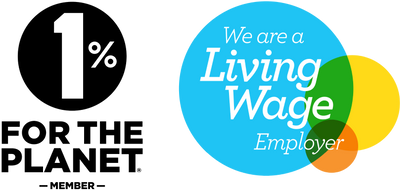Colombian Sourcing Trip - October 2024
Why We Chose an Electric Roaster
We’re continuously thinking about how we can grow in alignment with our values. When it came to upgrading our roaster, we saw it as an opportunity to push our sustainability efforts even further.
Visiting the COFEMO Group
We arrived in San Cristobal, Chiapas, on Sunday and made our way to Los Altos to meet the COFEMO coffee group; a community of 58 indigenous Tseltal women. We found...
Rare Release Coffee 2025
Every year we try to shed a light on a particular coffee that is making waves in the industry, but maybe hasn't been given the spotlight it deserves yet. The...









